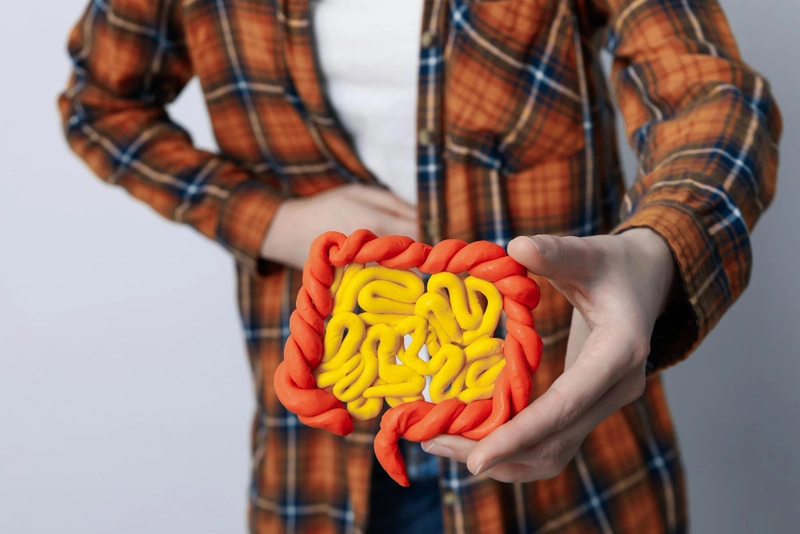- Published on: Apr 09, 2024
- 1 minute read
- By: SecondMedic Expert
Understanding Caffeine Intake: How Much Is Too Much?
Caffeine is a common part of many people's daily routines. From morning coffee to afternoon energy drinks, it's easy to consume without much thought. But have you ever stopped to wonder: how much caffeine is too much? In this guide, we'll explore the effects of caffeine on your body and mind, how to determine your caffeine tolerance, and tips for consuming caffeine responsibly.
Understanding Caffeine:
Caffeine is a natural stimulant found in various plants, including coffee beans, tea leaves, and cacao pods. It works by blocking the action of adenosine, a neurotransmitter that promotes relaxation and sleepiness. Instead, caffeine increases the activity of other neurotransmitters like dopamine and norepinephrine, leading to increased alertness and energy.
Effects of Caffeine:
While moderate caffeine consumption can have benefits such as improved focus and enhanced athletic performance, consuming too much can lead to adverse effects. Common symptoms of caffeine overdose include:
1. Increased heart rate and blood pressure
2. Jitters and nervousness
3. Insomnia or disrupted sleep patterns
4. Digestive issues such as stomach upset or acid reflux
5. Headaches or migraines
6. Anxiety and irritability
7. Dependency and withdrawal symptoms when reducing intake
Determining Your Caffeine Tolerance:
Individual tolerance to caffeine varies greatly depending on factors such as age, weight, genetics, and overall health. What may be a safe amount of caffeine for one person could be too much for another. To determine your caffeine tolerance:
1. Start with a low dose: Begin by consuming small amounts of caffeine and gradually increase to assess your body's response.
2. Pay attention to how you feel: Note any physical or mental changes after consuming caffeine, including heart rate, mood, and energy levels.
3. Be mindful of other sources: Remember that caffeine is not only found in coffee and tea but also in sodas, energy drinks, chocolate, and certain medications.
Tips for Responsible Caffeine Consumption:
To enjoy the benefits of caffeine without experiencing negative side effects, follow these tips:
1. Know your limits: Monitor your caffeine intake and stay within recommended guidelines. For most adults, up to 400 milligrams per day is considered safe, equivalent to about four cups of brewed coffee.
2. Stay hydrated: Balance caffeine intake with plenty of water to prevent dehydration, which can exacerbate caffeine's effects.
3. Avoid caffeine close to bedtime: Limit caffeine consumption in the afternoon and evening to avoid interference with sleep.
4. Consider alternatives: Experiment with decaffeinated beverages or herbal teas for a caffeine-free boost.
5. Listen to your body: If you experience adverse effects from caffeine, reduce your intake or switch to alternative beverages.
Conclusion:
While caffeine can be a useful tool for enhancing alertness and performance, it's essential to consume it responsibly. By understanding your caffeine tolerance, monitoring your intake, and listening to your body's signals, you can enjoy the benefits of caffeine without overdoing it. Remember, moderation is key when it comes to caffeine consumption. So, the next time you reach for that extra cup of coffee, ask yourself: how much caffeine is too much for me?
Read FAQs
A. 200 mg of caffeine can be moderate for some, equivalent to about two cups of coffee, but may cause jitters or sleep disturbances in others.
A. Yes, 1000 mg of caffeine is excessive and potentially dangerous, leading to increased heart rate, anxiety, and other adverse effects.
A. Yes, 600 mg of caffeine exceeds recommended daily limits and may result in negative side effects like jitteriness, heart palpitations, and insomnia.
Our Services
Request A Callback
Recent Posts
Best Treatment Options for IBS in India
Jul 03,2025
Insomnia in Teens and How to Manage It
Jul 01,2025
Silent Symptoms of Cervical Cancer Women Ignore
Jun 27,2025
Seasonal Flu vs Covid-19: 2025 Comparison
Jun 25,2025










